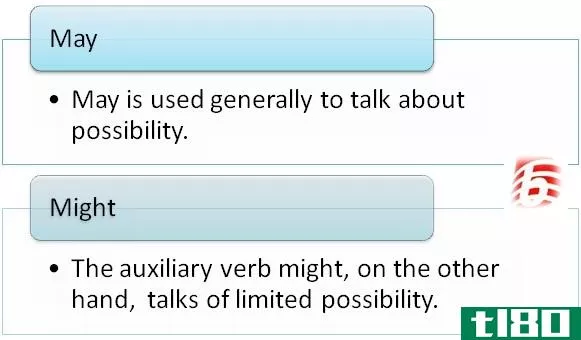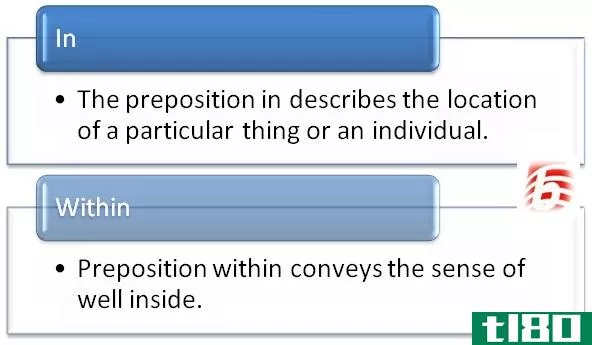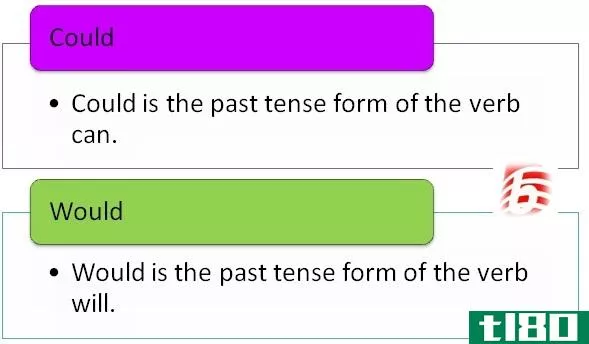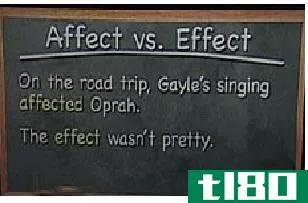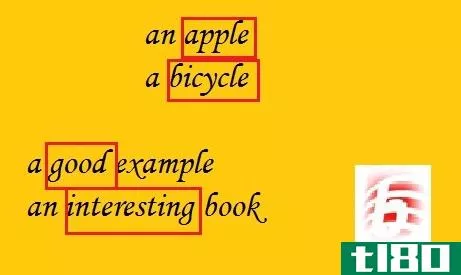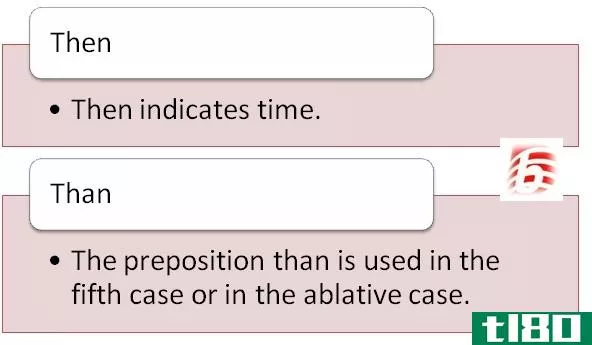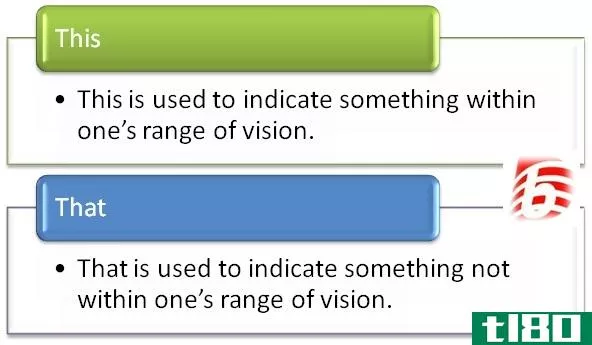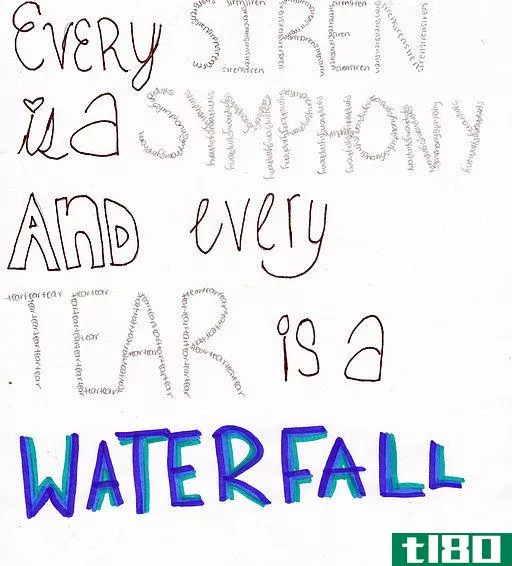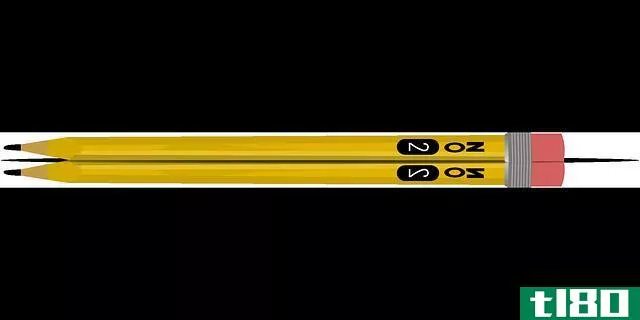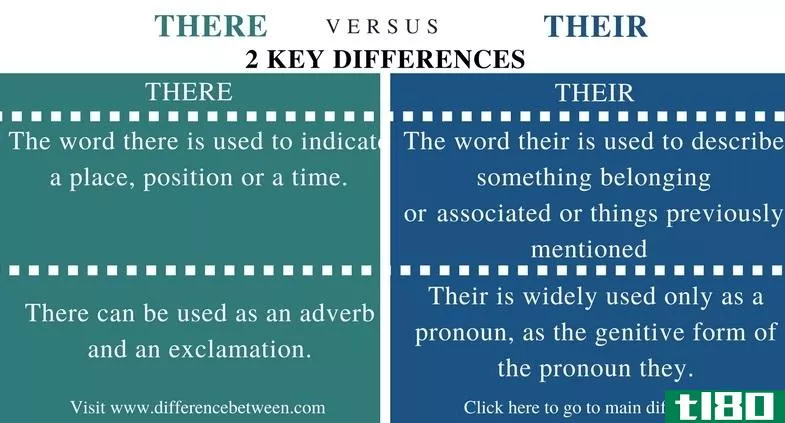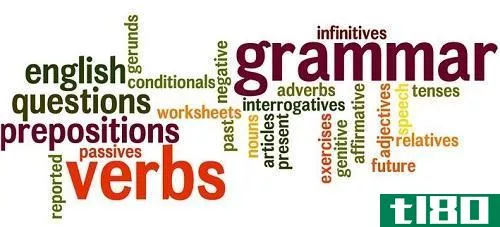什么是英语语法中的加强词?(intensifiers in english grammar?)
英语语法中的增强器(源自拉丁语,表示“伸展”或“意图”,也称为助推器或扩音器)强调另一个词或短语的词。强化形容词修饰名词;强化副词通常修饰动词、可分级形容词和其他副词。强化词的对立面是降调词,它减少了对它所修饰的词或短语的强调。

增强器示例
"Oh, I am so not in the mood for this. I've just been shot!"—Nicki Aycox as Meg Masters in "Supernatural" "The woodwind has a slightly greater scope than the violin."—John Philip Sousa "The women I had as very close friends were very independent women, very progressive. They're very sensitive about social change."—Toni Morrison增强器的功能
"To some degree, an intensifier acts as a signal: it announces that the word following it is worn out and that it should be understood as inadequate. For example, in the phrase an utterly beautiful night, the author is saying, 'Look, I mean something beyond beautiful, even if I don't have the precise word; try to imagine it..."—From "Spunk & Bite: A Writer's Guide to Punchier, More Engaging Language & Style" by Arthur Plotnik通用副词
"Intensifiers are morphologically perhaps the most versatile category of adverbs in English. A glance at their history would appear to support the layering hypothesis. There are intensifiers that may be called fused forms, such as the suffixless very and compound somewhat, which both go back to Late Middle English, whereas the phrasal expressions sort of and kind of are more recent."—From "Three Perspectives on Grammaticalization" by Terttu Nevalainen助推器与语言变化
"Humans are indeed natural-born exaggerators, and this trait is one of the main driving forces behind language change. Nowhere is this more obvious than in the constant renewal of intensifying words, or what are sometimes called 'boosters.' These are the little words that fortify adjectives. They express a high point along a scale. Something isn't just good but awfully good, terribly good or even bloody good. Inevitably, such dramatic words wear out with time and become mundane. Alternative expressions then have to be found. This has already happened to boosters like awfully, terribly and horribly. You can see that at the root of these expressions are words like awe (originally, 'fear, dread'), terror and horror. So they had strong, even gruesome beginnings. But overuse bleached them of this energy and force, and before long they meant little more than 'very.'"—From "Gift of the Gob: Morsels of English Language History" by Kate Burridge重复增强器
"The sheer number of [intensifiers], all with more or less the same meaning, is significant. If you haven't made your case, you have to pound the adverbial drums, the same way the boy in the story had to insist that this time, there really, really, really was a wolf."—From "When You Catch an Adjective, Kill It" by Ben Yagoda斯特伦克和怀特在增强器上
"Rather, very, little, pretty—these are the leeches that infest the pond of prose, sucking the blood of words. The constant use of the adjective little (except to indicate size) is particularly debilitating; we should all try to do a little better, we should all be very watchful of this rule, for it is a rather important one and we are pretty sure to violate it now and then."威廉·科比特论夸张副词(1818)
"Be rather sparing than liberal in the use of Adjectives. One which expresses your meaning is better than two, which can, at best, do no more than express it, while the additional one may possibly do harm. But the error most common in the use of Adjectives is the endeavoring to strengthen the Adjective by putting an adverb before it, and which adverb conveys the notion that the quality or property expressed by the Adjective admits of degrees: as 'very honest, extremely just.' A man may be wiser than another wise man; an act may be more wicked than another wicked act; but a man cannot be more honest than another; every man who is not honest must be dishonest, and every act which is not just must be unjust."资料来源:
- 亚瑟·普洛特尼克:《勇气与咬:更具吸引力的语言与风格的朋克作家指南》,兰登书屋,2005年
- 内瓦莱宁,特图。汉斯·林德奎斯特(Hans Lindquist)和克里斯蒂安·梅尔(Christian Mair)主编的《英语语法化的语料库方法》中的“语法化的三个视角”。约翰·本贾明斯,2004年
- 《戈布的礼物:英语语言历史的点滴》,澳大利亚哈珀柯林斯出版社,2011年
- 本·雅戈达,“当你抓住一个形容词,就把它杀了。”百老汇图书,2007年
- 小斯特伦克,威廉,;《风格的要素》,皮尔森,1999年(1918年首次出版)
- 威廉·科贝特:《一系列字母中的英语语法》,1818年
- 发表于 2021-09-25 03:13
- 阅读 ( 324 )
- 分类:人文
你可能感兴趣的文章
可以(may)和可能是英语语法(might in english grammar)的区别
...may用在条件意义上。 可以(may)和可能是英语语法(might in english grammar)的区别 •May通常用于谈论可能性。 •另一方面,助动词可能表示有限的可能性。 •尽管这两个词都可以用来表示许可或请求许可,但它们的用法不同。 img...
- 发布于 2020-09-23 19:43
- 阅读 ( 377 )
在里面(in)和英语语法中的内部(within in english grammar)的区别
...”的额外含义。 在里面(in)和英语语法中的内部(within in english grammar)的区别 如前所述,介词in描述一个特定事物或个人的位置,而in介词则表达内心深处的感觉。更重要的是,in和within这两个词在与其他词不同使用时会产生不同...
- 发布于 2020-10-17 01:57
- 阅读 ( 393 )
能够(could)和会用英语语法吗(would in english grammar)的区别
英语语法中的can vs will 由于can和will是两个在用法上经常混淆的词,而且它们在英语中经常使用,所以有必要了解英语语法中can和will之间的区别。can是动词can的过去时形式,而will是动词will的过去时形式。在八个词类中,这两...
- 发布于 2020-10-22 12:03
- 阅读 ( 359 )
影响(affect)和英语语法中的效果(effect in english grammar)的区别
英语语法中的情感与效果 情感和效果的区别在于,我们必须知道我们是否要恰当地使用英语,因为这两个词是英语中常用的词。人们习惯于混淆这两个词,情感和效果,因为他们的意思相似。避免混淆它们的最简单方法是记...
- 发布于 2020-10-23 02:47
- 阅读 ( 384 )
哪一个(which)和在英语语法中(in which in english grammar)的区别
...他住在哪层楼?’ 哪一个(which)和在英语语法中(in which in english grammar)的区别 其中的定义: Which:这是一个关系代词,用来表示同一句子中某个词的附加信息。 其中:Which是一种特殊类型的关系代词,用于表示一个地方或句点的...
- 发布于 2020-10-24 05:25
- 阅读 ( 183 )
一(a)和英语语法(an in english grammar)的区别
...些冠词的正确用法是非常重要的。 什么是英语语法a(a in english grammar)? 不定冠词a用于“一”的意义,它用在名词前面,作为一种数的形容词,如下面的句子中。 珍妮特今天早上吃了芒果。 在这句话中,你会想到珍妮特今天早...
- 发布于 2020-10-27 12:13
- 阅读 ( 275 )
它的(its)和这是英语语法(it’s in english grammar)的区别
...用法在英语中很常见。 它的(its)和这是英语语法(it’s in english grammar)的区别 img.centered,.aligncenter{display:block;margin:0 auto 24px}.gallery-caption,.wp-caption-text{font-size:14px;font-size:1.4rem;font-weight:600;margin:0;text-align:center}.entry-content p{margin-to...
- 发布于 2020-10-28 13:10
- 阅读 ( 319 )
然后(then)和而不是英语语法(than in english grammar)的区别
...就听到电话铃响了。 然后(then)和而不是英语语法(than in english grammar)的区别 •Then是副词。Than是介词也是连词。比是众所周知的用于比较形式。 •然后表示时间。介词than用于第五格或消音格。这就是then和than这两个词的主要区...
- 发布于 2020-11-03 04:16
- 阅读 ( 314 )
这(this)和在英语语法中(that in english grammar)的区别
英语语法中的这个和那个 英语语法中的这一点和那一点之间的区别,应该让每一个使用英语的人都能理解,如果他们想正确地使用英语的话。这和那两个词在写作和口语中的用法要非常小心和精确。this这个词用作指示代词,...
- 发布于 2020-11-04 12:29
- 阅读 ( 299 )
每个(each)和英语语法中的每一个(every in english grammar)的区别
...手组成的团体。 每个(each)和英语语法中的每一个(every in english grammar)的区别 •每一个都用作限定词和一个可数名词。 •需要注意的是,“each of”的用法特别是当存在另一个限定词时。 •另一方面,每个人都把人或事物放在一...
- 发布于 2020-11-05 08:21
- 阅读 ( 228 )
